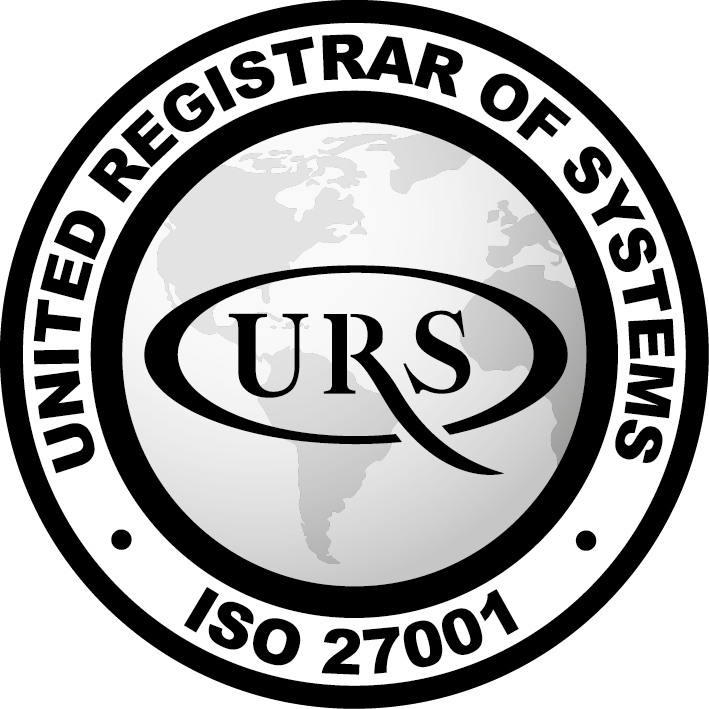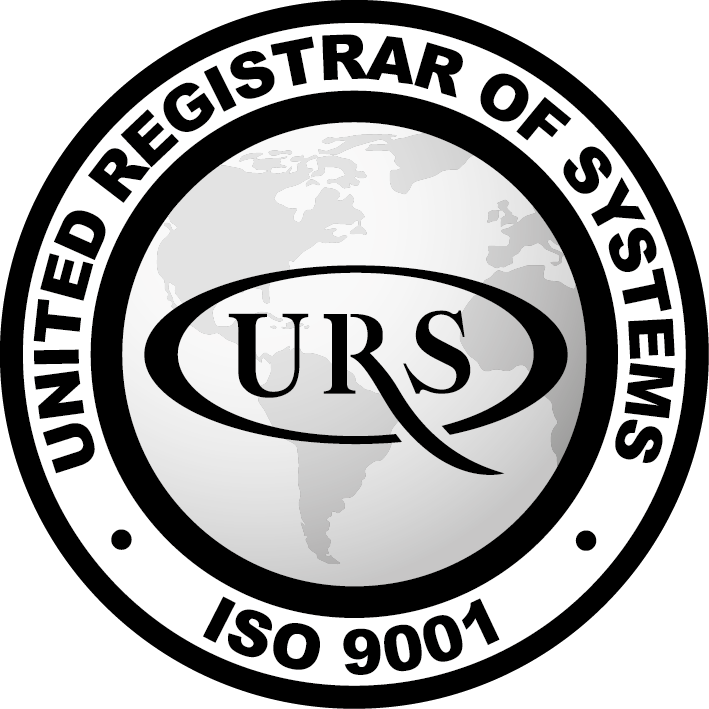Data-Driven Sustainability: How Custom ESG Dashboards Are Revolutionizing Corporate Reporting

In recent years, there has been a growing political emphasis on sustainability reporting as a means for businesses to demonstrate their commitment to environmental, social, and governance (ESG) factors.
This is particularly relevant in the EU, where several ESG regulations have been implemented to promote sustainable investing and corporate responsibility. An EU-wide framework provides businesses and investors with a common language to identify the extent to which economic activities can be considered environmentally sustainable. Companies are expected to provide clear and transparent reporting on their sustainability practices, including their environmental impact, labor practices, and ethical standards. Failure to do so can result in reputational damage, legal penalties, and loss of investor confidence.
While any implementation by a US company of an ESG disclosure framework remains voluntary at this time, SEC asks all public companies to disclose information that may be material to investors, including information on ESG-related risks and has issued guidance and rules setting forth its disclosure expectations. There are also federal laws, regulations, and governance codes encouraging climate-related financial information and identification, assessment, and mitigation of risks associated with slavery in operations and supply chains.
This explains very well the growing need for ESG compliance software products that help companies measure and manage ESG risks, meet multiple ESG disclosure requirements across key areas of reporting, bring together environmental, social, and governance metrics into a single source of ESG truth, and manage supplier risks.
Breaking Free from Proprietary Solutions: The Advantages of Custom ESG Dashboards
Several such ready-made solutions from cloud providers have already appeared on the market. All you need to do is to configure them properly and, in principle, you can already please investors with the right set of information. But while they can provide a convenient and cost-effective solution for companies looking to implement ESG reporting, there are serious limitations to consider:
- Such solutions are limited to the data sources and metrics that the software provider has pre-defined without taking into account the specific goals and needs of the organization. This results in a lack of flexibility, potentially leading to incomplete or inaccurate reporting.
- Ready-made dashboards may not consider the complexity of reporting across different regions and jurisdictions. Compliance with regional ESG reporting requirements may require unique reporting metrics or regulations that are not captured in a standardized product. This can result in incomplete or inaccurate reporting for companies operating in those regions.
- standardized ESG dashboard software may not be able to integrate data from multiple sources, such as IoT sensors or supply chain data, which can limit the accuracy and scope of reporting.
Therefore instead of being limited to proprietary solutions from specific vendors, we advise our customers to choose custom-developed ESG dashboards, created with a multi-cloud approach in mind. Such solutions may integrate data from multiple sources, including IoT, sensors, and even social media feeds, and be adjusted to any environmental, social, and governance framework. In this way, they achieve compliance with all legal reporting requirements demonstrated by customers.
Greenwashing, Be Gone! Using Dashboards to Prove Your Environmental Impact
As noted, one of the key advantages of using a custom multi-cloud approach to sustainability reporting is the ability to integrate data from multiple sources. This means businesses can collect data from various systems and devices, including sensors and IoT devices, and use this data to create comprehensive reports on their carbon footprint and other ESG metrics. By using this data, businesses can identify areas where they can reduce their carbon footprint and improve their sustainability performance.
Another advantage of using our solutions is the ability to create automated dashboards that provide real-time data on environmental performance. This means that businesses can monitor their carbon footprint and other ESG metrics on an ongoing basis and make adjustments as needed. This can help businesses stay on top of sustainability issues and ensure that they are meeting their environmental responsibilities.
Such dashboards also help avoid accusations of “greenwashing” – the practice of misleading stakeholders by using ESG data as a marketing tool, by exaggerating or misrepresenting a company's environmental, social, or governance practices to create a false impression of the organization's sustainability performance. Such practice can be a significant risk for companies and investors alike. Companies that engage in greenwashing can face significant reputational damage, as well as legal and financial consequences if they are found to have breached consumer protection laws – thus using real-time feeds in ESG dashboards helps demonstrate the veracity of data, publishing it seamlessly to the company website.
Yet perhaps the most significant advantage of the custom approach to sustainability reporting is the ability to customize the solution to meet the specific needs of the business. This means that businesses can tailor the solution to their specific requirements, whether they are in the banking, investment, production, retail, or service sectors, they can orchestrate information capture, response management, and disclosure.
One should also remember that ESG reporting is subject to a range of legal requirements, which can vary depending on the industry and geographic location of the business. With a custom dashboard, businesses can ensure that their ESG reporting is compliant with all applicable laws and regulations and that they are able to report on the metrics that are most relevant to their specific regulatory requirements, sharing them with rating agencies, auditors, investors, and other stakeholders.
Green is the new black: How ESG reporting can boost sales and customer loyalty
Multiple market developments and heightened regulatory and legal scrutiny indicate that the transparency and accuracy of sustainability reporting are becoming increasingly important. In addition to NGOs and consumers, regulators and investors increasingly demand the communication of a thorough sustainability assessment and management of related risks and opportunities.
This means that having well-designed ESG dashboard help companies demonstrate a commitment to managing long-term risks through sustainable practices, and therefore become more attractive to potential investors. According to a Harvard Business Review article, ESG is "almost universally top of mind" for investment leaders. BlackRock, the world's largest asset manager, is one such company requiring its investees to follow the Task Force on Climate-Related Financial Disclosures and the Sustainability Accounting Standards Board (SASB).
Another benefit is a better ability to attract talents, because the preference for sustainable businesses is not only limited to investors, but also extends to employees, especially millennials, as climate change, human rights, and social equity become increasingly important issues. A survey conducted by Reuters revealed that 65% of respondents were more likely to work for a company with strong environmental policies. Publishing sustainability reports and establishing credibility as a socially and environmentally responsible company can help attract potential job applicants and make your company a desirable workplace. In fact, a 2016 survey found that 64% of millennials would not work for a company that was not socially responsible, and 75% would accept a lower salary to work at a company that aligns with their values, as reported by Fast Company.
It also needs to be acknowledged that good ESG reporting helps sales, as sustainability is a growing concern among consumers, with 81% of global respondents in a Nielsen study feeling strongly that companies should help improve the environment. Additionally, 66% of global consumers are willing to pay more for sustainable goods. As consumer knowledge of greenwashing increases, it's essential for companies to provide transparent and data-backed sustainability reporting to earn consumers' trust. For example, a Compare Ethics Industry Report found that less than 20% of fashion industry shoppers trust the information on sustainability provided directly by clothing companies. Therefore, dashboard-based sustainability reporting not only helps establish trust with consumers but also boosts customer loyalty, turning a faceless corporation into a company that consumers feel they can rely on.
Finally, using these solutions for ESG reporting can help businesses stay ahead of the regulatory curve. As regulations around sustainability reporting become more stringent, businesses that are already monitoring and reporting on their environmental performance will be better positioned to comply with these regulations.
Stay Ahead with Custom ESG Dashboard
We have discussed here the nature and importance of the ESG dashboard – a tool that helps companies measure and manage ESG risks, meet ESG disclosure requirements and manage supplier risks. Custom-developed ESG dashboards are important as ready-made solutions may have limitations. As we have demonstrated, a custom multi-cloud approach to sustainability reporting allows businesses to collect data from various systems and devices and tailor the solution to their specific requirements. This helps companies demonstrate a commitment to managing long-term risks through sustainable practices and become more attractive to potential investors.
And this is the reason why we help businesses meet the increasing demand for ESG reporting by providing solutions that cover methodology, data engineering, and reporting, in the form of custom ESG dashboards.
If you're looking to take your sustainability reporting to the next level, consider investing in our services. By leveraging your company's unique data and KPIs, you can gain a deeper understanding of your sustainability performance, identify areas for improvement, and communicate your progress more effectively to stakeholders. Don't settle for a one-size-fits-all solution – invest in a custom ESG dashboard that reflects the unique needs and priorities of your business.
More Articles
Our team of experts is ready to partner with you to drive innovation, accelerate business growth, and achieve tangible results.
If you’re wondering how to make IT work for your business
let us know to schedule a call with our sales representative.















